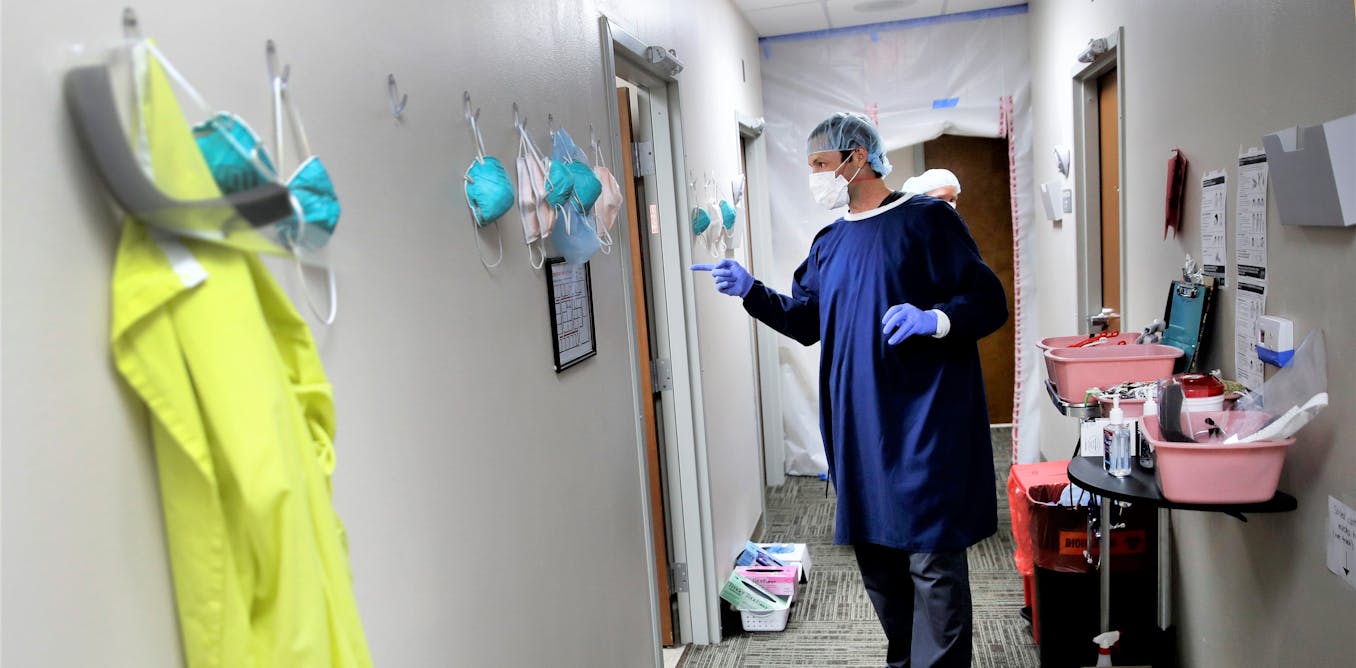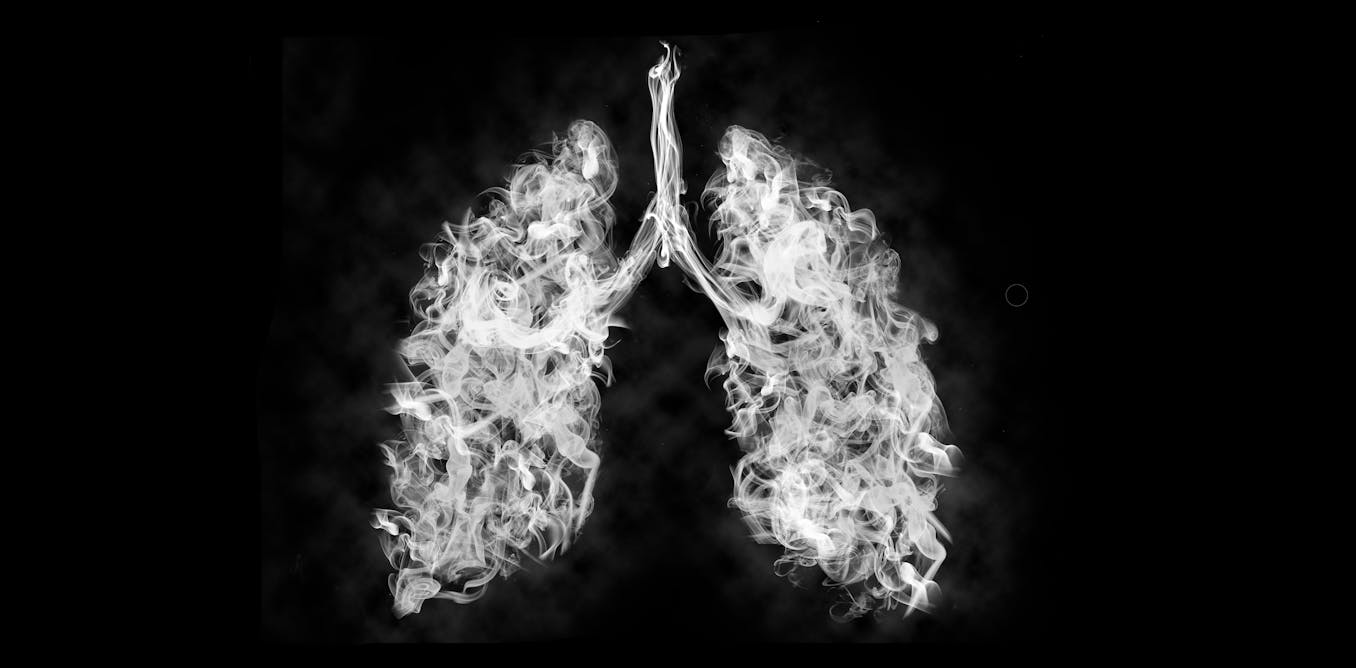Genetic engineering transformed stem cells into working mini-livers that extended the life of mice with liver disease
New strategy helps build synthetic organs from scratch. This enabled the researchers to grow functioning liver tissue in the lab that could be transplanted into mice with liver disease.
Dec. 7, 2020 • ~8 min




